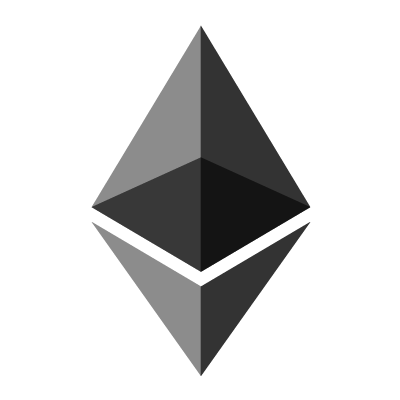Bhutan national ID system on-chain and “one person, one unit of stake”

Now that Bhutan has put their national ID system on Ethereum, I thought I'd raise the topic of "one person, one unit of stake" (term from Bryan Ford) and how every country in the world could be running their own national blockchain within a few years or a decade. This is a topic that is not given much focus by leaders in "blockchain", although Gavin Wood has increasingly talked about it in the last couple of years and made it a priority to migrate Polkadot to "one person, one unit of stake", what I call "proof-of-suffrage". To me, it is inevitable, and a logical next step, that every country in the world starts to run such a system. For traditional national IDs to be secure on-chain, the newer generation "digital ID" is needed where the personal data is held by the individual and proofs are generated with "trapdoors" and such (so they cannot be leaked) and possibly things like "zero knowledge proofs" to prove "is over 18" (I do not understand how those works but it seems like it could apply there). Such are starting to make their way into national ID systems and Bhutan is (I assume) using that technology. This all seems like something that people all over the world could unite around, both people in a presumed "crypto community" and then also all other people who are part of the "nation state community" or "international community". A very good thing is that once a very good standard for "proof-of-suffrage blockchain" has been produced, every country can use that (incl. Bhutan…) but it can also be used with alternative national ID systems such as video pseudonym parties from 2015/2018.
submitted by /u/johanngr
[link] [comments]